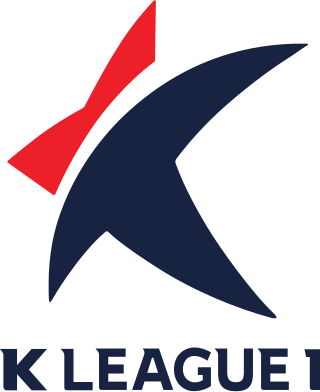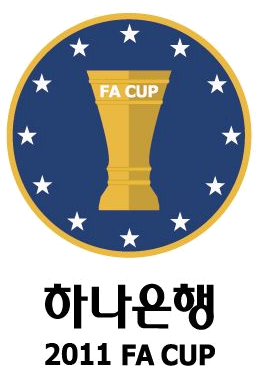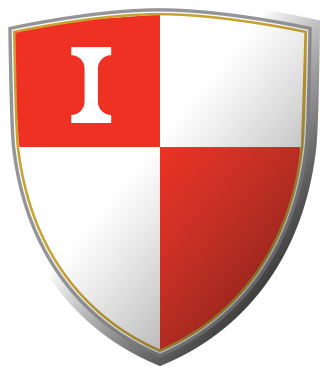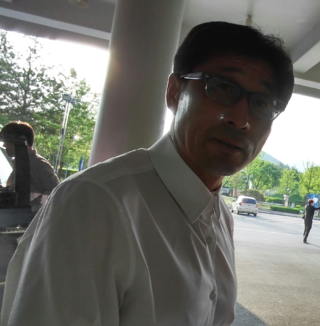Managerial career
After retirement,Choi decided to become a coach. He started his coaching life as a Training Coach at Bucheon SK,since renamed Yukong Elephants. Two years later,he was promoted as a coach. Four years later,he was chosen to become the Assistant Coach. Finally,after years of diligence,Choi was appointed as Bucheon SK's head coach for the 2001 season. However,though he had no problems with the team and was able to lead it fairly well,the Bucheon SK board decided to change their manager.
In 2003,after the poor results of their 2002 season,Daejeon Citizen selected Choi as their coach. Choi,originally from Daejeon,willingly came back to his hometown. The lack of results in 2002 was frustrating for fans and players,and confidence was low. However,Choi inspired the team and completely changed it by implementing a 4-3-3 formation. Daejeon Citizen finished the 2003 season in 6th place,its best finish ever in the league,and at the same time improved its average home game attendance to about 18,000 people. He continued his role as manager into the 2007 K-League season,before being replaced mid-season by Kim Ho.
In addition to his management skills,Choi is also famous for his humble personality - a key factor in ensuring a harmonious team,once quoting "I want to make this the team that a player chooses on his own volition,and not by my own will or force. I shall not buy abilities and just gather the best players. This will be a team played by humans,a team that players love,and a team who dreams the same dreams as the fans."
On October 10,2011,he signed a one-year contract to V-League's Hoàng Anh Gia Lai - one of the most popular football club of Vietnam.
Choi returned to the K League 2 managing Gangwon FC in 2015. He managed to lead them to the K League 1 via the playoffs in 2016.
In 2018,Choi left Gangwon to become the manager of K League 2 team Busan IPark,but resigned after only one season after failing to gain promotion. Busan IPark finished third in the K League 2 but lost to FC Seoul in the promotion/relegation playoff final.
In 2019,Choi joined Jeju United FC,but left from the club as manager.
In 2022,Choi signed K League 2 side joining from K3 League,Cheongju FC from 2023 season.

The K League 1 (Korean: K리그1) is the top flight of men's professional football in the South Korean football league system, and is contested by twelve clubs. It is one of the most successful leagues in the Asian Football Confederation, with its past and present clubs having won a record twelve AFC Champions League titles.

Kim Gi-Dong is a South Korean former professional footballer who played as a midfielder.
The 2009 Korean FA Cup, known as the 2009 Hana Bank FA Cup, was the 14th edition of the Korean FA Cup. It began on 1 March 2009, and ended on 8 November 2009. Suwon Samsung Bluewings won their second title, and qualified for the 2010 AFC Champions League.

The 2011 Korean FA Cup, known as the 2011 Hana Bank FA Cup, was the 16th edition of Korean FA Cup. Seongnam Ilhwa Chunma became champions and qualified for the 2012 AFC Champions League.

Busan IPark FC is a South Korean professional football club based in Busan that competes in K League 2, the second tier of the South Korean football pyramid. They play their home games at the Busan Gudeok Stadium.
The 2011 South Korean football match-fixing scandal was a large-scale match-fixing scandal, which occurred in K League and Korean League Cup since 2010 and was revealed in 2011. A total of 57 footballers were charged with the scandal and 55 players among them were punished.
K League (Korean: K리그) is South Korea's professional football league. It includes the first division K League 1 and the second division K League 2. Clubs competing in the K League have won a record total of twelve AFC Champions League titles, the top continental competition for Asian clubs.

Cho Deok-je is a former South Korea football player and manager current assistant manager of Malaysia.
The 2015 Korean FA Cup, known as the 2015 KEB Hana Bank FA Cup, was the 20th edition of the Korean FA Cup. FC Seoul became champions and qualified for the 2016 AFC Champions League.

The 2016 K League Challenge was the fourth season of the K League 2, the second-highest division in the South Korean football league system. Originally, K League Challenge champions could be promoted to the K League Classic, but Ansan Mugunghwa lost its qualification for the promotion after Ansan Government decided to break up with police football team from next year. Runners-up Daegu FC directly qualified for the Classic instead of champions Ansan Mugunghwa, and third, fourth and fifth-placed team advanced to the promotion playoffs.
The 2016 Korean FA Cup, known as 2016 KEB Hana Bank FA Cup, was the 21st edition of the Korean FA Cup. Suwon Samsung Bluewings won their fourth FA Cup title after defeating defending champions FC Seoul in the final, and qualified for the 2017 AFC Champions League.
The 2017 Korean FA Cup, known as the 2017 KEB Hana Bank FA Cup, was the 22nd edition of the Korean FA Cup. The champions Ulsan Hyundai qualified for the group stage of the 2018 AFC Champions League. This edition introduced video assistant referee (VAR) system for the first time in Korean FA Cup history, using in the semi-finals and the final.
The 2018 Korean FA Cup, known as the 2018 KEB Hana Bank FA Cup, was the 23rd edition of the Korean FA Cup. Daegu FC qualified for the group stage of the 2019 AFC Champions League after becoming eventual champions.
The 2019 Korean FA Cup, known as the 2019 KEB Hana Bank FA Cup, was the 24th edition of the Korean FA Cup.
The 2020 Korean FA Cup, known as the 2020 Hana Bank FA Cup due to sponsorship agreement with Hana Bank, was the 25th edition of the Korean FA Cup. University clubs, including U-League teams, could not enter the competition since this year, and were replaced by K5 League teams.
The 2021 Korean FA Cup, known as the 2021 Hana Bank FA Cup due to sponsorship agreement with Hana Bank, was the 26th edition of the Korean FA Cup. Similar to the previous year, U-League teams did not participate, and the top ten sides from the K5 League gained qualification instead.
The 2022 Korean FA Cup, known as the 2022 Hana 1Q FA Cup due to sponsorship agreement with Hana Bank, was the 27th edition of the Korean FA Cup.
This page is based on this
Wikipedia article Text is available under the
CC BY-SA 4.0 license; additional terms may apply.
Images, videos and audio are available under their respective licenses.






